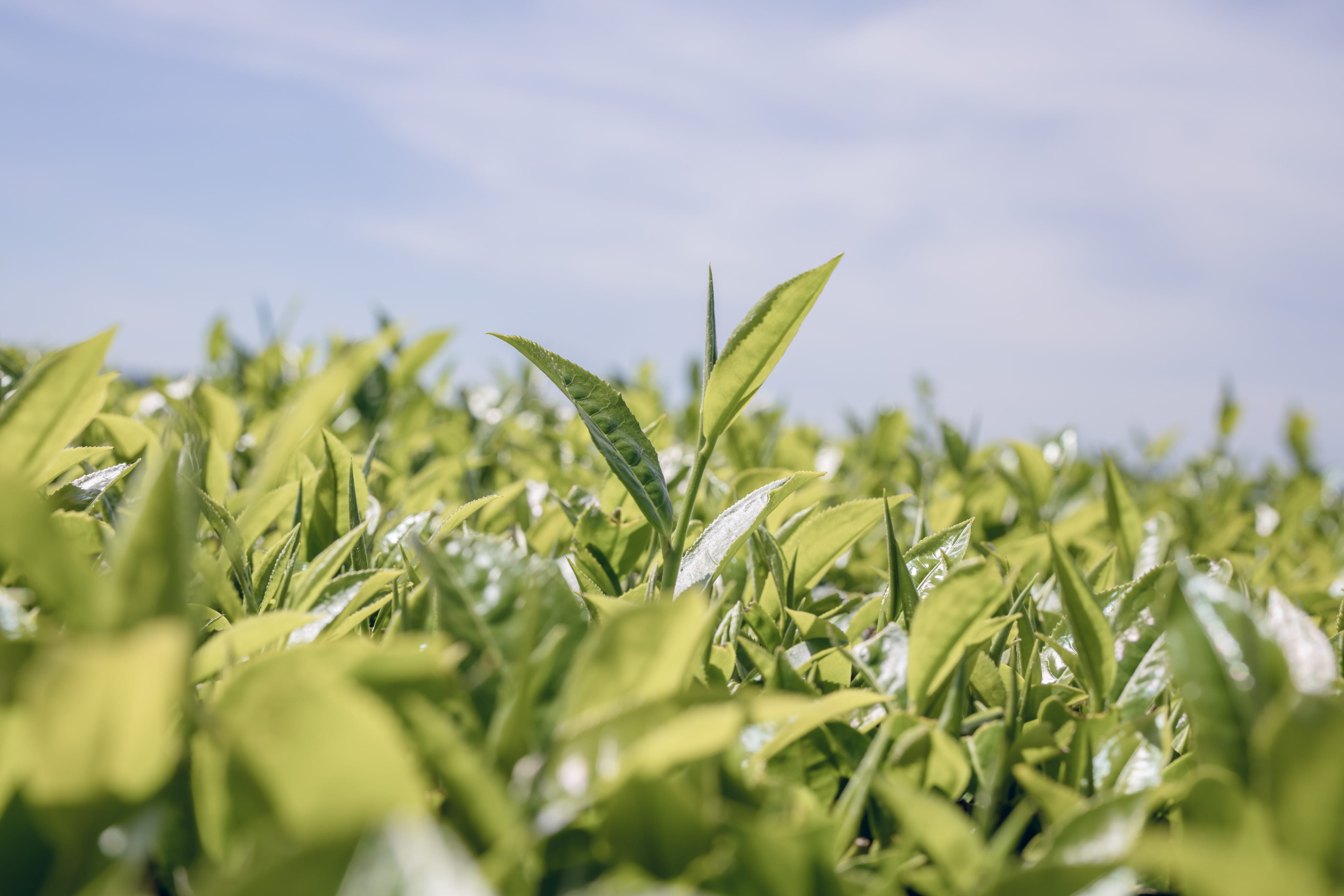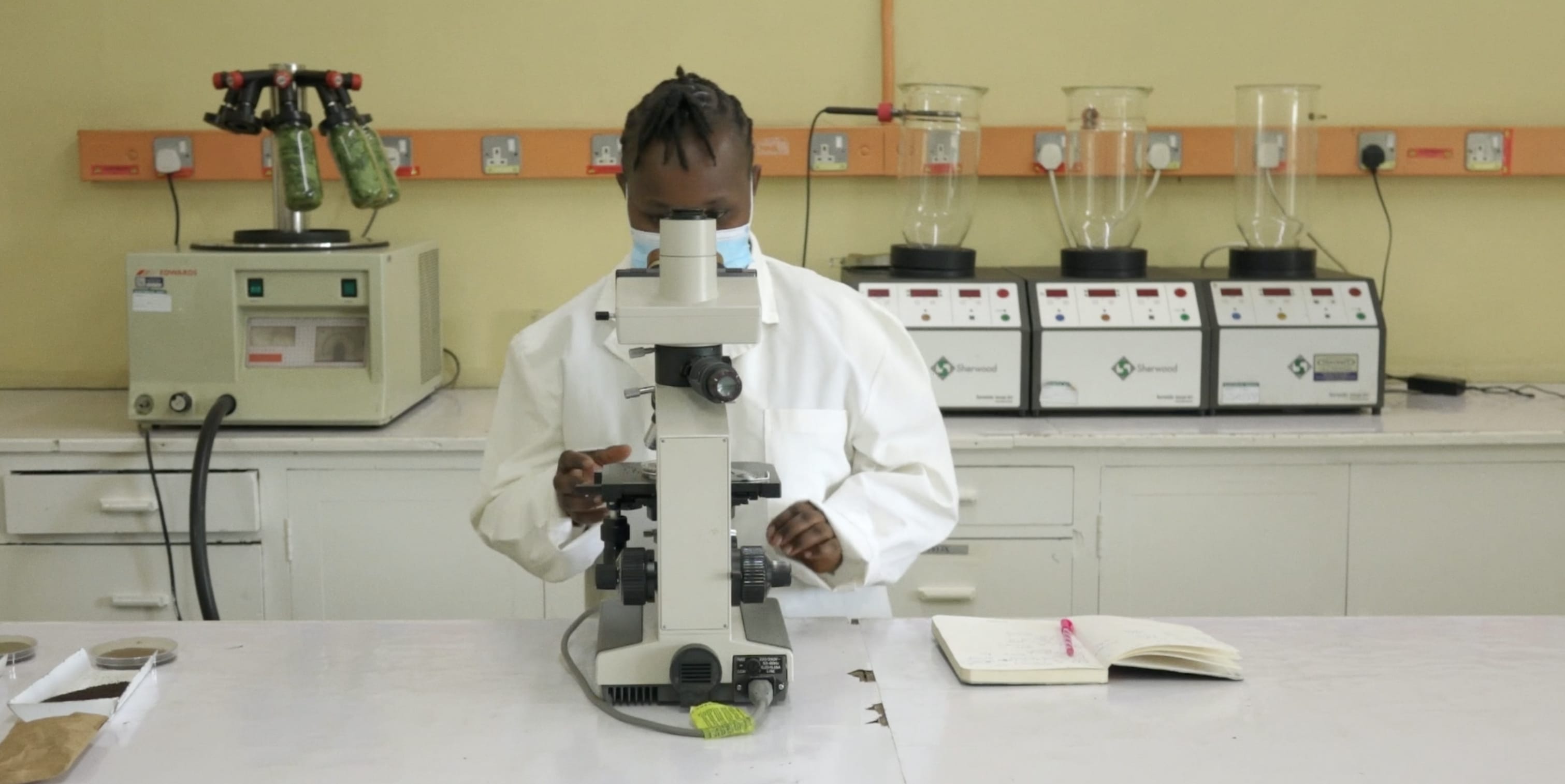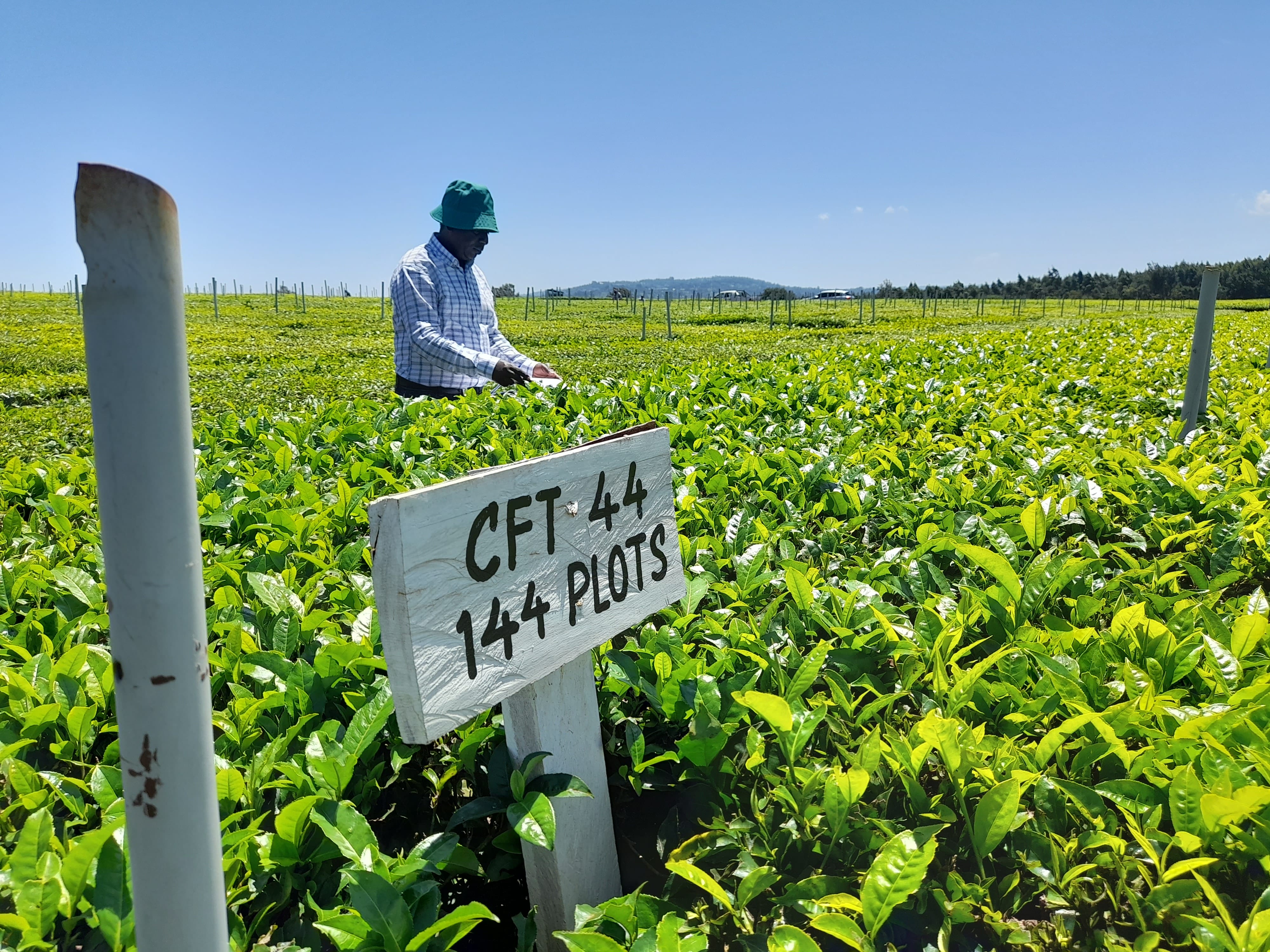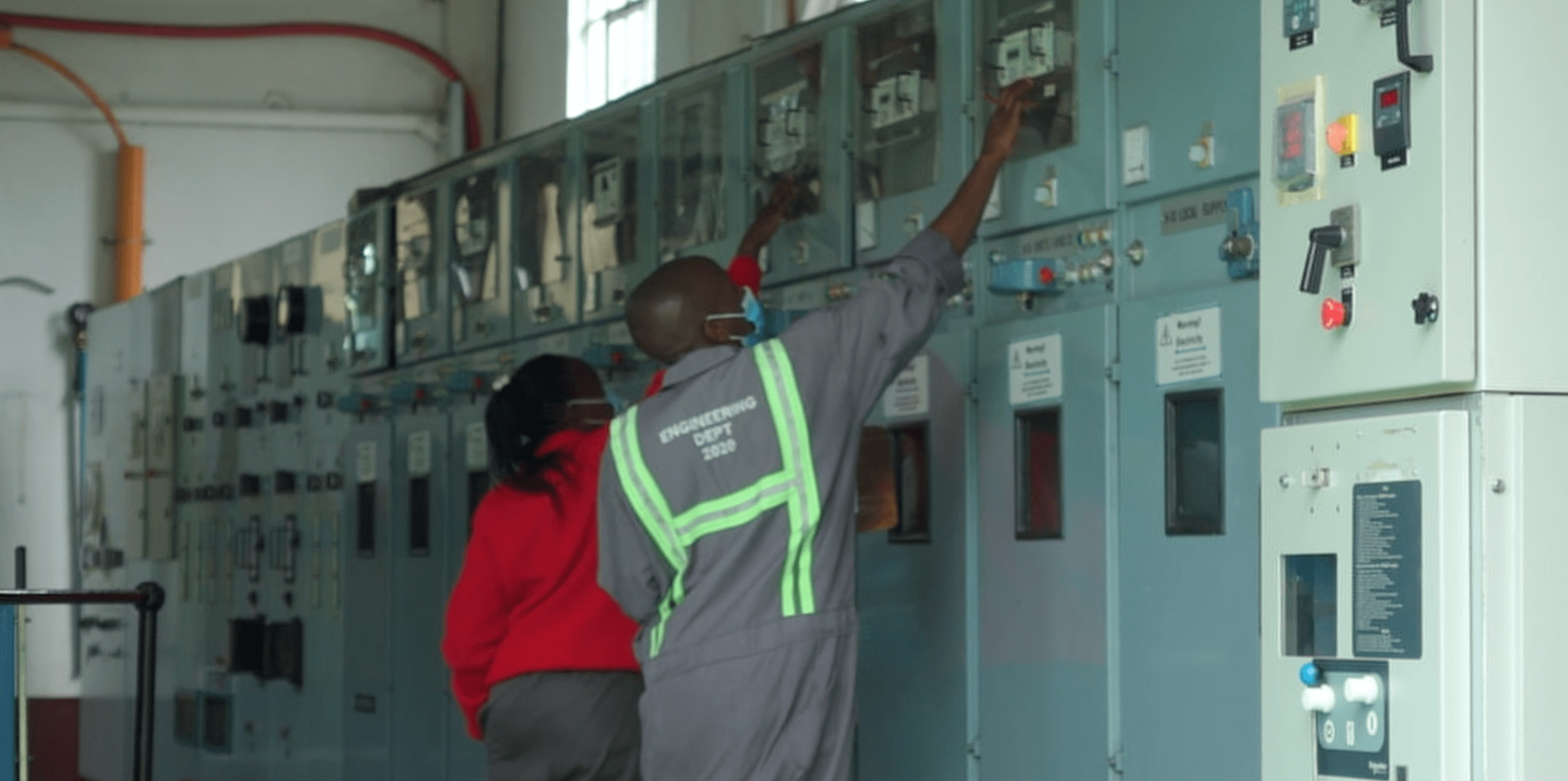High-tech, low-impact farming
Ancestral lore will not suffice as we strive to feed a planet of 10 billion people. At LIPTON Teas and Infusions, we apply the latest technologies to achieve better results.
Innovations across the supply chain
In partnership with the UK’s Cranfield University, we have developed an AI-enabled farming tool called IoTEA™ that helps us time our interventions on our tea estates in Kenya, Rwanda and Tanzania. Weather stations across these locations collect key data (temperature, humidity, rainfall, etc.) and artificial intelligence combines it with tea growth models and real time harvest data. Presented as a dashboard on the tablets of our estate managers, the tool predicts the best time to harvest each field. It helps field managers plan operations and achieve the ideal balance of quantity and quality in the face of challenging environmental conditions.
Since 2022, our team has been testing the application of drones for precision agriculture. We will soon be able to use these drones on a wider scale to deliver just the right amount of fertilizer to the places that need it. This degree of precision reduces unnecessary fertilizer application and the associated carbon emissions involved in its production. The tea gets just what it needs and excess application of nitrogen and run-off into ground water is avoided.
We believe these combined revolutionary technologies will increase yields by 50% over the next ten years. We aim to open them to other industry players – so that everyone can receive the benefits.
Tender loving farming
Conventional agriculture generally seeks to maximize short-term output, with little regard for the long-term consequences. Yet we need our precious soil, water and sunshine to feed people for the centuries to come.
Sometimes, simple and ingenious ideas make all the difference. In Turkey, Pukka is partnering with Ege University to explore how fennel cover crops can improve soil health and increase yields, while discouraging weeds..
On our tea estates, we’ve demonstrated that alternative farming practices can replace the need for synthetic pesticides to combat pest and disease issues. Our crops in Kenya and Rwanda are 100% pesticide-free (and Tanzania will follow suit by 2025). We use a set of techniques called Integrated Pest Management (IPM) to keep pest populations low. Good crop management and regular inspection of the crops enables us to tackle outbreaks early and minimize potential damage or losses.
50%
expected increase in yields in ten years.

Where appropriate, we apply biological controls to keep pest populations low and the tea disease-free. During replanting, we dip our saplings into a solution of friendly fungus, called Trichoderma, that out-competes the bad fungi in the soil and protects the young tea plants from the three major African tea diseases.
We also employ some simple but effective tactics to control pests. For instance, we scatter banana stems around our crops to attract weevils away. LIPTON Teas and Infusions shares these techniques with smallholders through dedicated training sessions. And we work with our suppliers to help them adopt progressive pest control systems.


